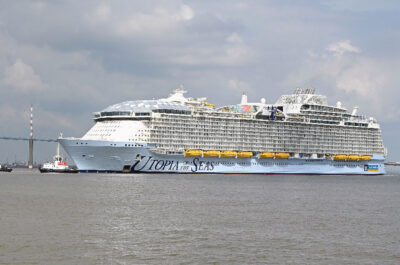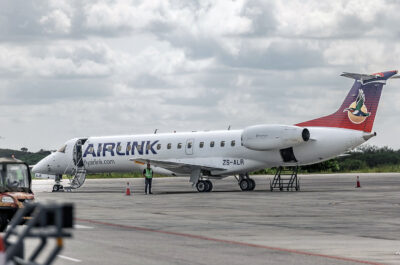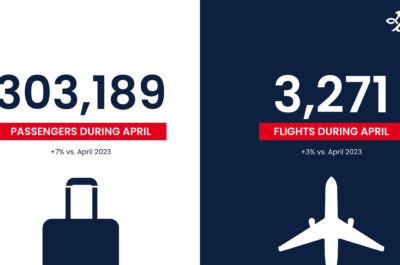…
 The US Federal Reserve Board announcement, cutting a key interest rate by three-quarters of a point, is further evidence that the US economy is hurtling towards recession. Now, this added constriction of the American economy will undoubtedly impact the travel industry – and particularly airlines – that are already facing growing challenges from skyrocketing oil prices and other fixed costs. In this environment, the legacy carriers are madly cost-cutting and consolidating, as evidenced by the Delta-Northwest merger talks. But despite these knee-jerk reactions, the industry as a whole is still projected to lose between $4 and $9 billion dollars this year, according to JP Morgan airlines’ analyst, Jamie Baker. It is too little, too late for most carriers. Only Southwest is projected to be profitable in the face of a 6-7% decline in demand for air travel, among the 10 largest US carriers.
The US Federal Reserve Board announcement, cutting a key interest rate by three-quarters of a point, is further evidence that the US economy is hurtling towards recession. Now, this added constriction of the American economy will undoubtedly impact the travel industry – and particularly airlines – that are already facing growing challenges from skyrocketing oil prices and other fixed costs. In this environment, the legacy carriers are madly cost-cutting and consolidating, as evidenced by the Delta-Northwest merger talks. But despite these knee-jerk reactions, the industry as a whole is still projected to lose between $4 and $9 billion dollars this year, according to JP Morgan airlines’ analyst, Jamie Baker. It is too little, too late for most carriers. Only Southwest is projected to be profitable in the face of a 6-7% decline in demand for air travel, among the 10 largest US carriers.
And amongst all the doom and gloom, what is truly illustrative is that the one US airline projected to prosper in the 2008 recession, is the one that employs a low-cost airline/LCC business model. Low cost carriers are much more prepared to capitalize on changing consumer habits during a slowdown than their legacy brethren, for several reasons;
1. Attractive Price Points; LCCs primary product enters the market at an attractive price point, at least compared to that offered by the legacy carriers. Point-to-point flight models versus traditional hub-and-spoke drives costs lower, which translates to a lower fare for the bargain-shopping, recession-era consumer. And that consumer behavior is not changing anytime soon.
2. “Unbundled” Services, It’s the Consumer’s Choice; Most LCCs have unbundled their service offerings, allowing consumers to pick and choose their options for an individualized flight, facilitating a more tailored, more versatile product which is attractive to shrunken budgets. Related to this trend is the institution of ancillary revenue programs, which LCCs have been far quicker to adopt than the legacies, ensuring that slackened demand need not be synonymous with decreased revenues. Ancillaries allow for an airline to adjust to the market’s demand for low prices, but without forfeiting a sale: a product (seat) with a low base price but with high ancillary potential is much more valuable during a recession than a fully bundled, high cost ticket which is increasingly declinable.
Low-cost airlines have already streamlined their operations to run on a highly-efficient model, able to implement or change products and services with deft speed in response to consumer needs and economic demands. As such, they are already in a low-cost operating position necessary for surviving this recession. Whereas legacies wield their economies of scale – even in the flush times – just to get by, they still resort to ethically dubious practices like fuel surcharges when costs increase in conjunction with receding demand. Worse still, the legacies are known for resorting to layoffs in times of crisis. The reactionary cut-and-slash mode doesn’t do any industry much good, especially the airlines, as we have seen so many times before. It hurts brands and morale.
On the other hand, LCCs are nimble, flexible, pro-active and rapidly responsive – all ideal business traits to have in these times of economic uncertainty.
As I said earlier, it may be too little too late for some carriers. If 2008 is the year of recession, then it may well be the year of the LCC.






































































































































































































